Tag: veto referendum
-
Signatures submitted for Nebraska veto referendum on private education scholarship funding bill
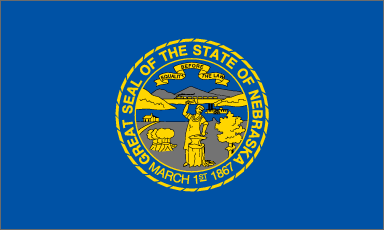
Support Our Schools, a campaign sponsored by the Nebraska State Education Association, submitted over 86,000 signatures to the Nebraska Secretary of State on July 17 for a veto referendum targeting a partial repeal of Legislative Bill 1402 (2024). LB 1402 authorizes the state treasurer to administer an education scholarship program with a $10 million budget…
-
Signatures submitted for South Dakota veto referendum regarding carbon dioxide pipeline regulations
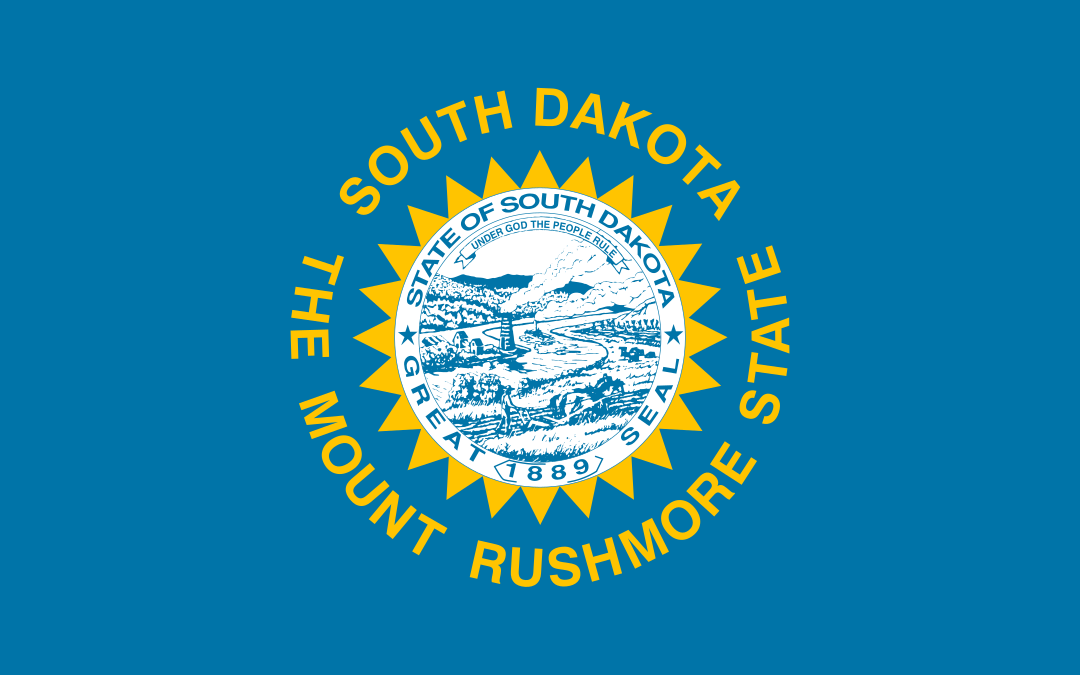
In South Dakota, a ballot measure campaign submitted signatures for a veto referendum on June 25, 2024, against Senate Bill 201 (SB 201), a law regarding carbon dioxide pipelines. Gov. Kristi Noem (R) signed SB 201 on March 26, 2024. SB 201 provides requirements for regulating carbon dioxide pipelines used in carbon capture and storage…
-
What states allow citizens to initiate ballot measures?

In the U.S., 26 states provide for a statewide initiative process, referendum process, or both. Washington, D.C. also has an initiative and referendum process. These types of ballot measures are known as citizen-initiated ballot measures. Conversely, 24 states do not provide for statewide citizen-initiated ballot measures. However, municipal and local governments provide for local initiatives…
-
Nebraska voters to decide on veto referendum to repeal tax credits for education scholarship accounts

The Nebraska Secretary of State announced that a veto referendum to repeal Legislative Bill 75—an act that established tax credits for taxpayers who contribute to education scholarships for students to attend private schools—qualified for the November 2024 ballot on Oct. 10. Support Our Schools, the committee behind the referendum, submitted over 117,000 signatures on Aug.…
-
Referendum filed against legislation to fund the Oakland A’s new Las Vegas, Nevada, stadium
In Nevada, the campaign Schools Over Stadiums launched a veto referendum against legislation to fund a baseball stadium in Los Vegas, which would be home to a relocated Oakland Athletics. The campaign filed the petition on Sept. 6, and supporters need to collect at least 102,362 valid signatures. The referendum would repeal certain provisions of…
-
California enacts changes to veto referendum ballot language
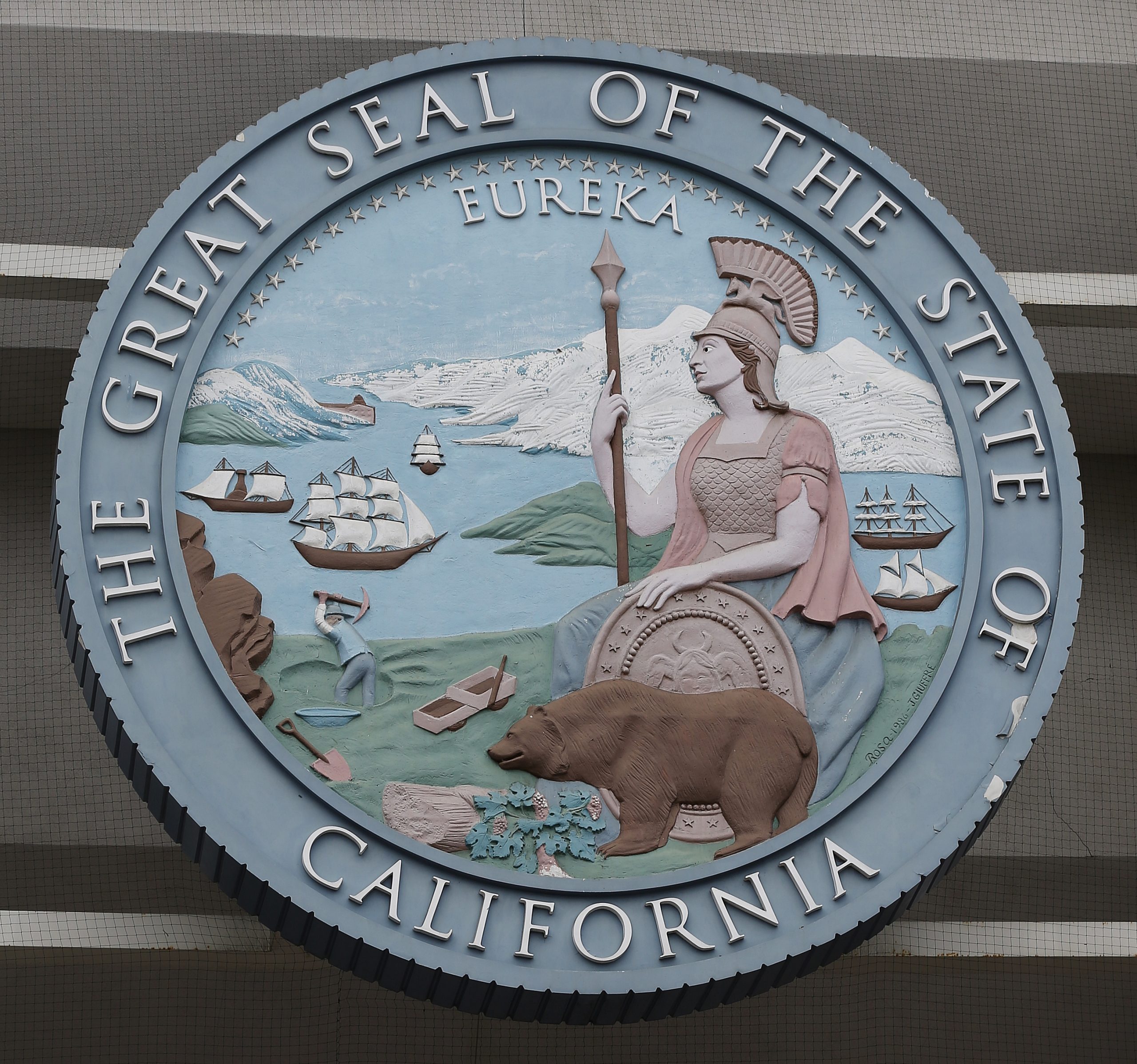
California Gov. Gavin Newsom (D) signed Assembly Bill 421 (AB 421), which addresses the veto referendum process, on Sept. 8, 2023. AB 421 changes how veto referendums appear on the ballot, among other provisions. A veto referendum is a citizen-initiated ballot measure that asks voters whether to uphold or repeal an enacted law. For 2024,…
-
California Legislature passes AB 421, which would change how veto referendums appear on the ballot
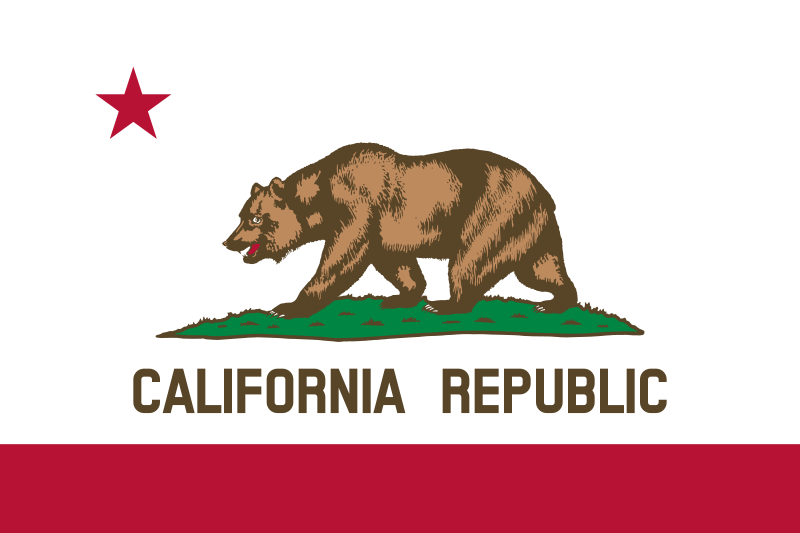
The California State Legislature passed Assembly Bill 421 (AB 421), which addresses the veto referendum process, on Sept. 5, 2023. AB 421 would change how veto referendums appear on the ballot, among other provisions. A veto referendum is a citizen-initiated ballot measure that asks voters whether to uphold or repeal an enacted law. For 2024,…
-
Nebraska campaign to repeal tax credits for private education scholarship accounts files signatures
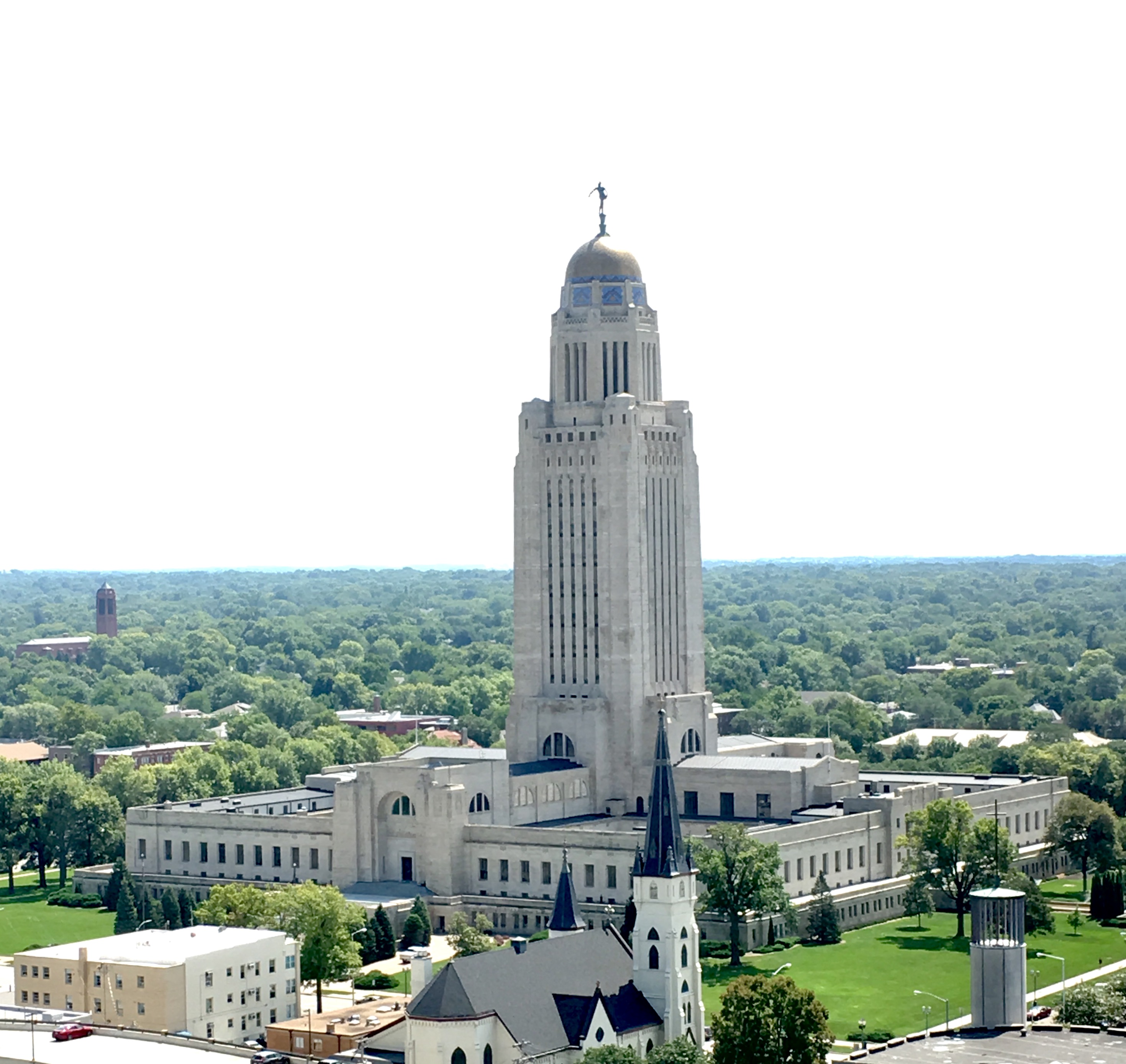
Support Our Schools Nebraska filed more than 117,000 signatures on Aug. 30 for a veto referendum to repeal Legislative Bill 753, which authorized tax credits for taxpayers who contribute to education scholarships for students to attend private schools. In Nebraska, the number of signatures required for a veto referendum—without suspending the enactment of the targeted…
-
Arkansas veto referendum on LEARNS Act falls short of required signatures
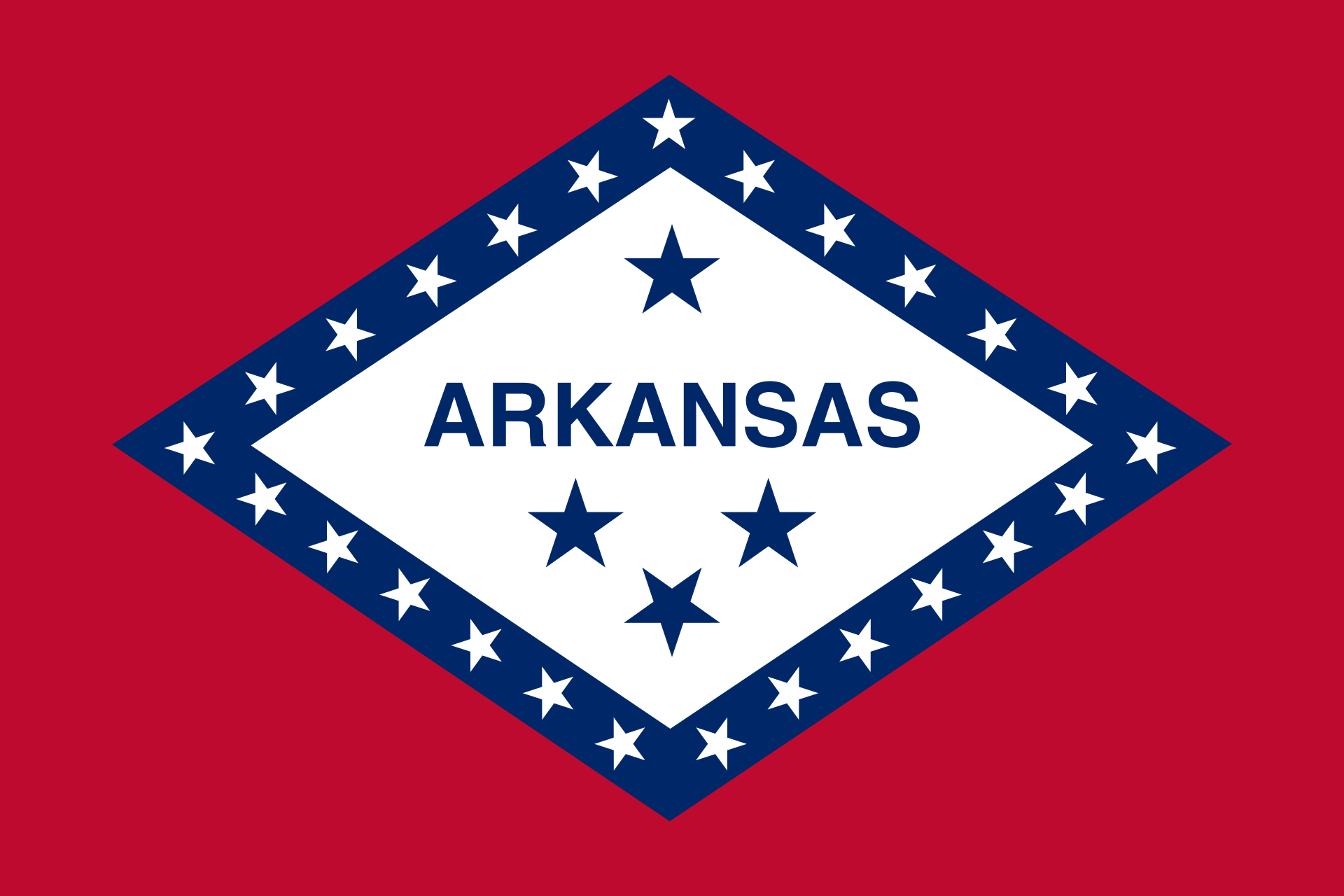
Citizens for Arkansas Public Education and Students (CAPES) submitted signatures on July 31 to place a veto referendum on the Nov. 2024 ballot to repeal the LEARNS Act, an education bill signed by Gov. Sarah Huckabee Sanders (R). To qualify for the ballot, 54,422 valid signatures are needed from 50 of Arkansas’ 75 counties. A…
-
Utah governor signs bill for new state flag, veto referendum filed to stop it
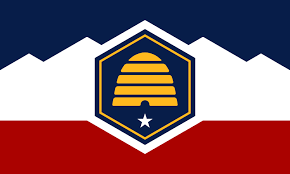
Utah Gov. Spencer Cox (R) signed Senate Bill 31, a bill to establish a new state flag, on March 21, 2023. The new flag will go into effect on March 9, 2024. The current state flag, which was adopted on March 9, 1911, will be referred to as the historic state flag. Cox said, “As…

